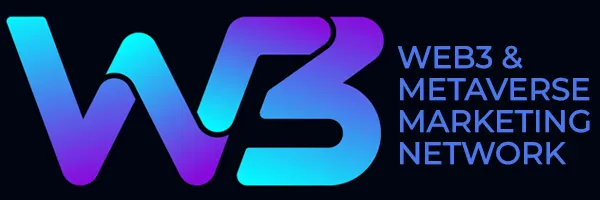Decentralized Finance (DeFi) is a paradigm shift in the financial industry that leverages blockchain technology to provide open, permissionless, and decentralized financial services. It aims to eliminate the need for traditional intermediaries, such as banks and financial institutions, and allows users to transact, borrow, lend, and invest directly with each other using smart contracts on decentralized networks like Ethereum and others.
Why DeFi is important for Web3:
- Democratization of Finance: DeFi removes barriers to entry and allows anyone with an internet connection to access financial services. This inclusivity aligns with the principles of Web3, which strives to create a more equitable and decentralized internet ecosystem.
- Openness and Transparency: Web3 seeks to build open and transparent systems. DeFi aligns perfectly with this vision, as all transactions and interactions are recorded on the blockchain, making the financial system more transparent and auditable.
- Interoperability: Web3 aims to create a seamless, interconnected internet experience. DeFi protocols are built with interoperability in mind, allowing them to interact and combine with other DeFi applications, forming a unified financial ecosystem.
- Control and Ownership: Web3 emphasizes user ownership and control over data and digital assets. DeFi aligns with this principle by giving users full control over their funds and eliminating the need to trust centralized institutions.
Implications for marketing:
- Targeting a Tech-Savvy Audience: As DeFi operates on blockchain networks, it appeals to users who are familiar with cryptocurrencies and blockchain technology. Marketing efforts should be tailored to reach this tech-savvy audience.
- Emphasizing Transparency and Security: DeFi’s transparency and security features should be highlighted in marketing campaigns to build trust with potential users. Addressing security concerns is crucial, given the risks associated with smart contract vulnerabilities and potential hacks.
- Educating the Market: DeFi is still relatively new and may be unfamiliar to many potential users. Marketing efforts should focus on educating the market about the benefits, risks, and functionalities of DeFi platforms to foster adoption.
- Community Engagement: DeFi projects often have strong communities of supporters. Engaging with these communities and leveraging influencer marketing can be effective strategies to promote DeFi platforms.
- Showcasing Use Cases: Highlighting real-world use cases and success stories of DeFi adoption can demonstrate the practical value of decentralized finance and attract more users.
- User Experience: Marketing efforts should emphasize a seamless user experience, as complex interfaces and steep learning curves can deter potential users.
- Partnerships and Integrations: Collaborating with other projects in the Web3 space can lead to mutually beneficial partnerships and integrations that expand the reach and functionality of DeFi platforms.
In summary, DeFi is an integral part of the Web3 movement, aligning with its principles of decentralization, transparency, and user ownership. For marketers, understanding the unique features of DeFi and its target audience will be essential in promoting adoption and building a thriving DeFi ecosystem.
DeFi has a number of implications for marketing. For example, it can be used to:
- Create new marketing channels: DeFi can be used to create new marketing channels that are not subject to the control of traditional media companies.
- Target new audiences: DeFi can be used to target new audiences who are not traditionally reached by traditional marketing channels.
- Measure the effectiveness of marketing campaigns: DeFi can be used to measure the effectiveness of marketing campaigns in a more transparent and accurate way.
Overall, DeFi is a powerful new technology that has the potential to revolutionize the way we interact with the financial system. It is also a valuable tool for marketers who are looking to reach new audiences and measure the effectiveness of their campaigns.
Here are some specific examples of how DeFi is being used in marketing:
- The marketing analytics platform LunarCrush tracks the performance of marketing campaigns using blockchain data.
- The marketing agency Primitive uses DeFi to create marketing campaigns that are more transparent and accountable.
- The marketing platform Adshares uses DeFi to create a decentralized advertising network that is more fair and efficient.
These are just a few examples of how DeFi is being used in marketing. As this technology continues to mature, we can expect to see even more innovative ways to use it in the future.









